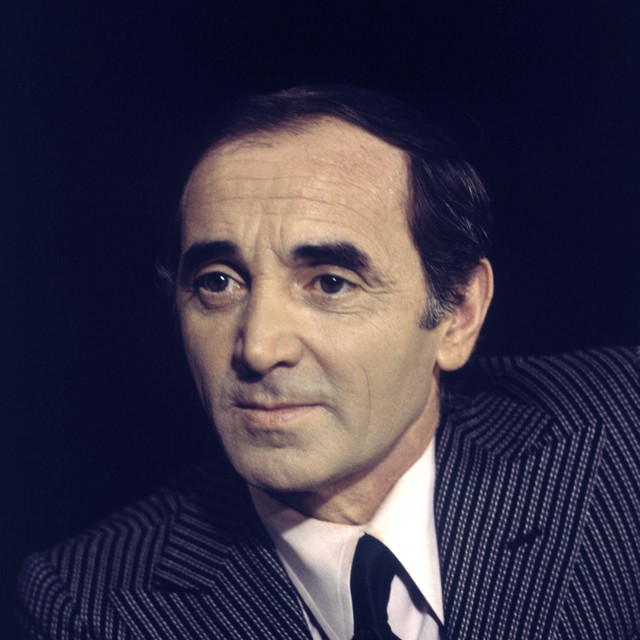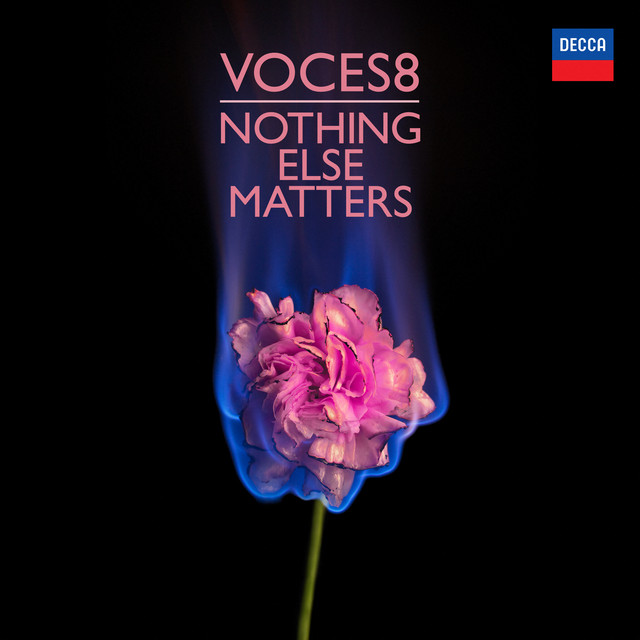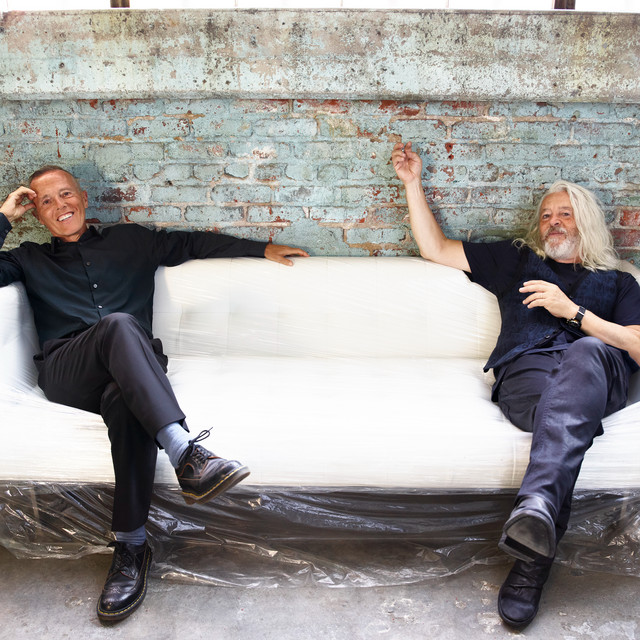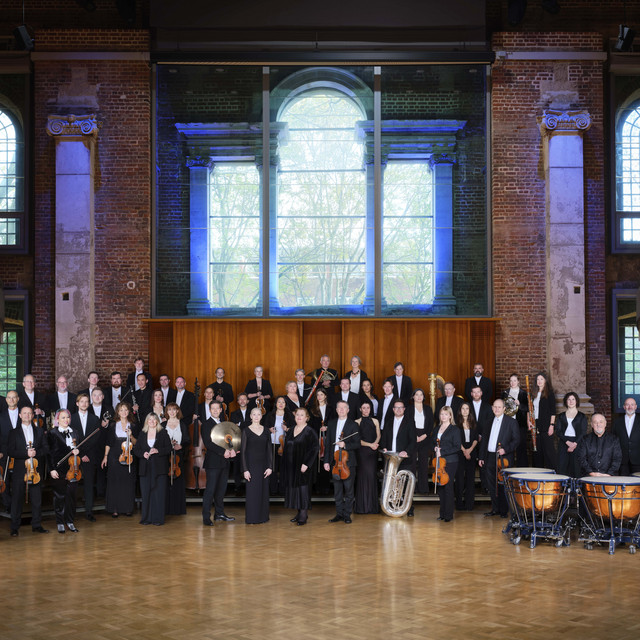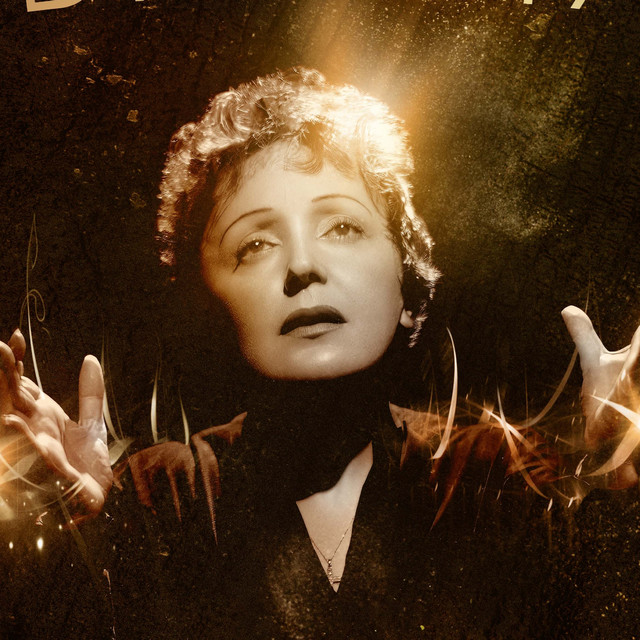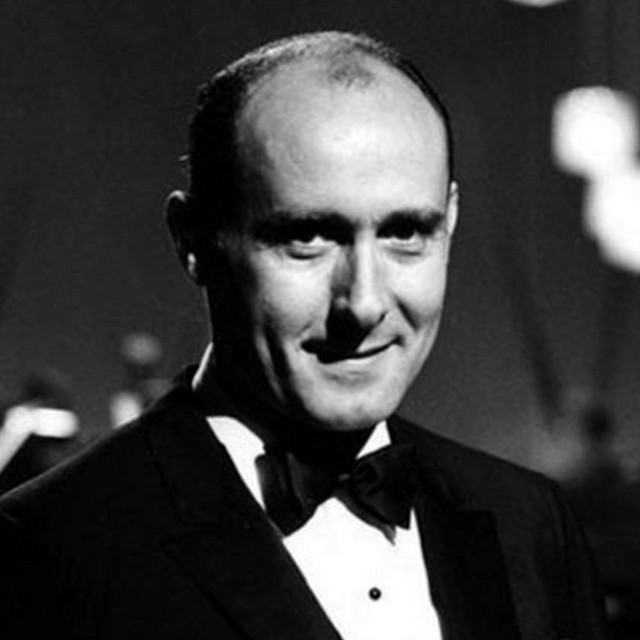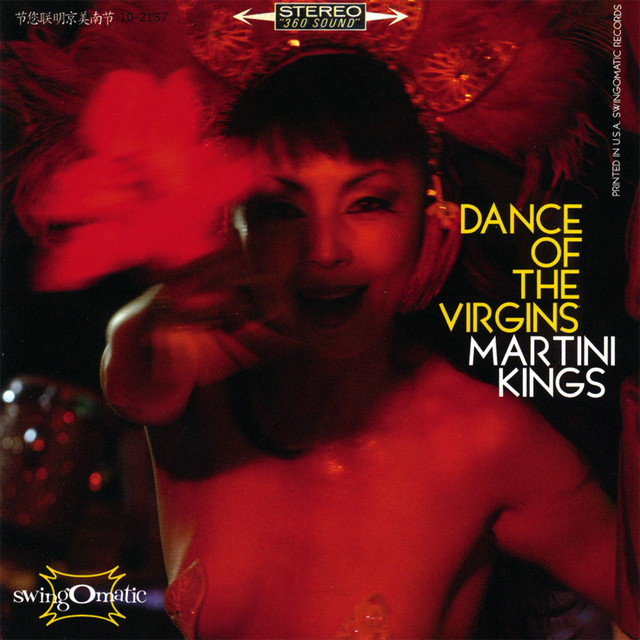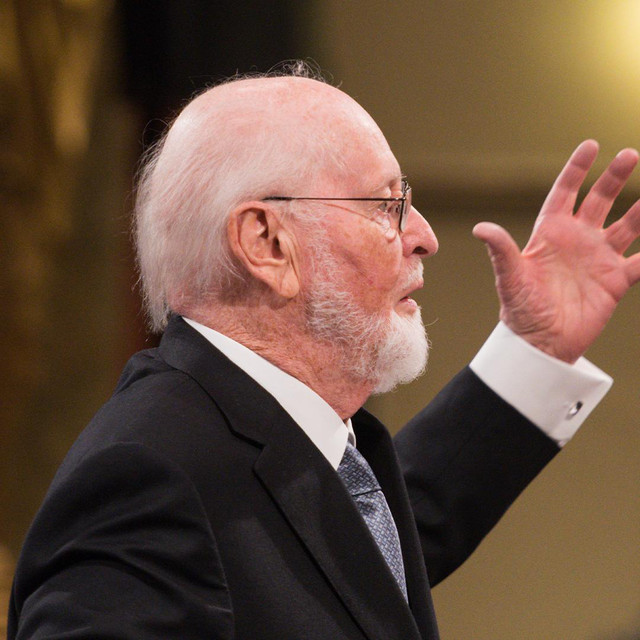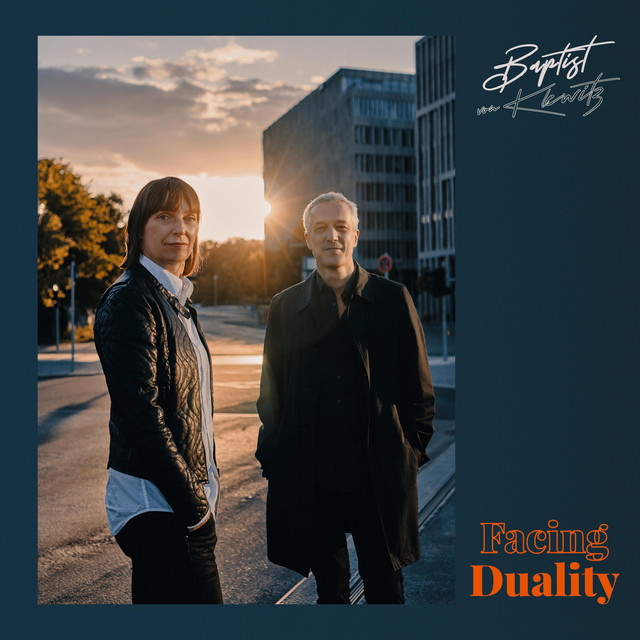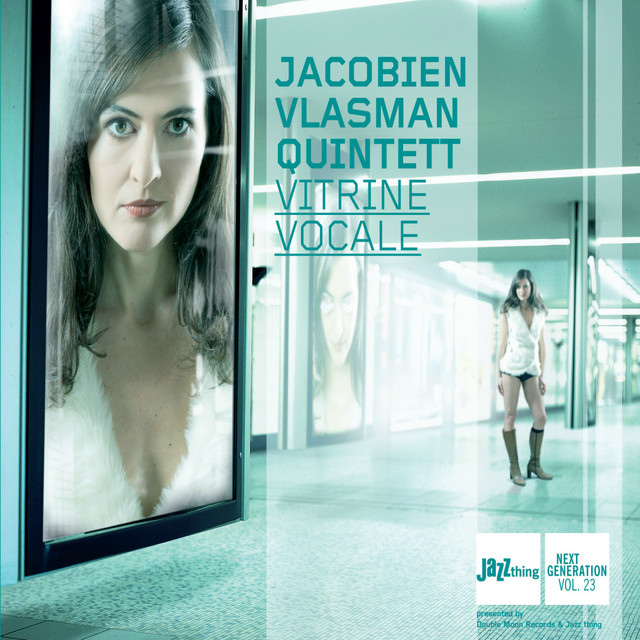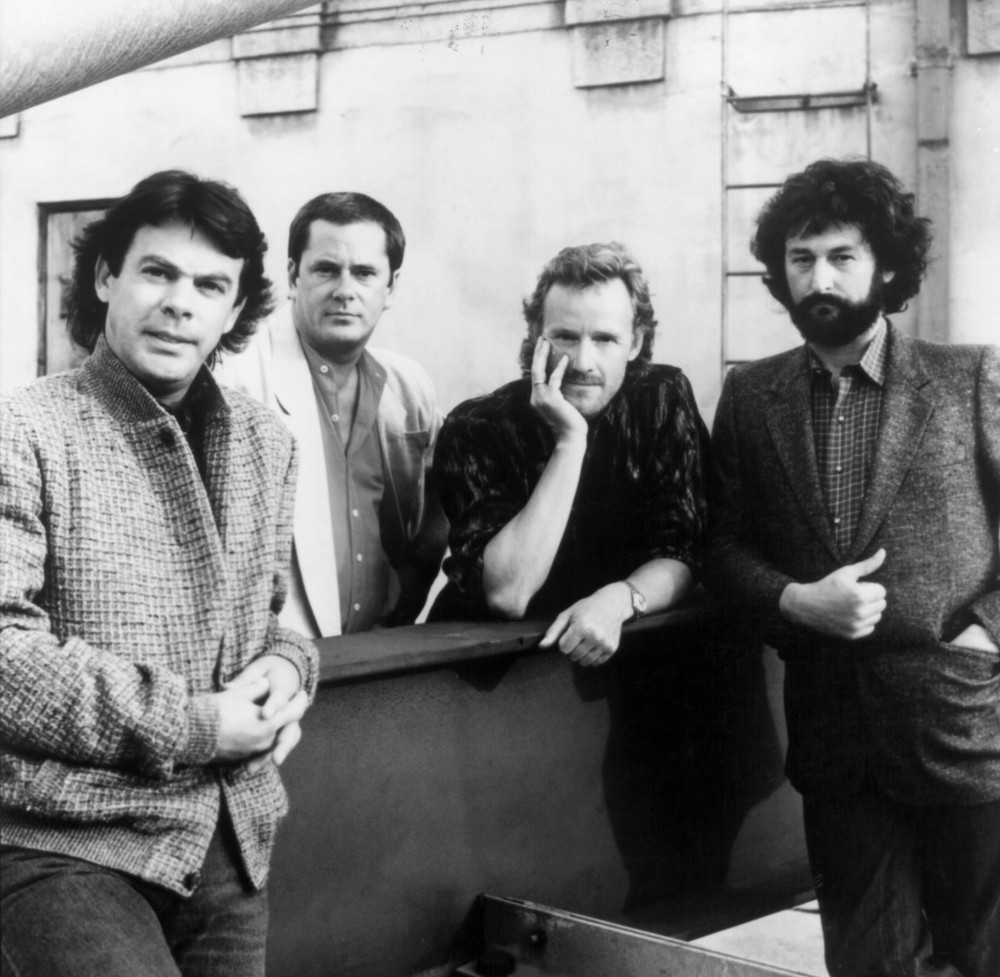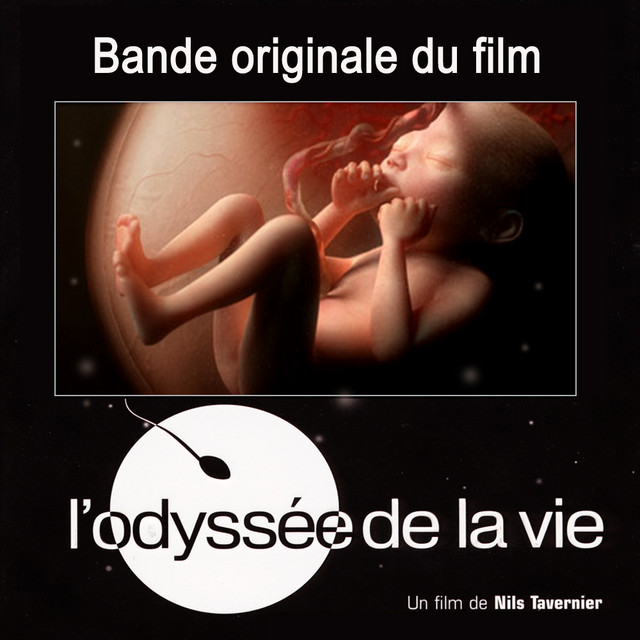MusicXML scores for saxophone by Arnold Schoenberg
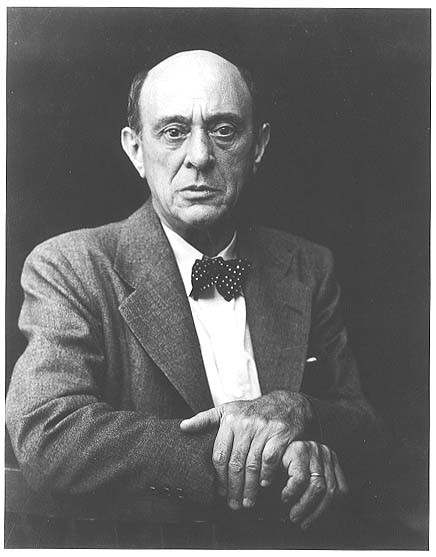
Arnold Schoenberg or Schönberg (13 September 1874 – 13 July 1951) was an Austrian and American composer, music theorist, teacher and writer. Among the first modernist composers to write music of dense motivic relations saturating the musical texture, he propounded concepts like developing variation, the emancipation of the dissonance, and the "unity of musical space".
Schoenberg's early works, like Verklärte Nacht (1899), represented a Brahmsian–Wagnerian synthesis on which he built. Mentoring Anton Webern and Alban Berg, he became the central figure of the Second Viennese School. They consorted with visual artists, published in Der Blaue Reiter, and wrote atonal, expressionist music, attracting fame and stirring debate. In his String Quartet No. 2 (1907–1908), Erwartung (1909), and Pierrot lunaire (1912), Schoenberg visited extremes of emotion; in self-portraits he emphasized his intense gaze. While working on Die Jakobsleiter (from 1914) and Moses und Aron (from 1923), Schoenberg confronted popular antisemitism by returning to Judaism and substantially developed his twelve-tone technique. He systematically interrelated all notes of the chromatic scale in his twelve-tone music, sometimes admitting tonal elements and often exploiting hexachords and combinatoriality.
Schoenberg resigned from the Prussian Academy of Arts (1926–1933), emigrating as the Nazis took power; they banned his (and his students') music, labeling it "degenerate". He taught in the US, including at the University of California, Los Angeles (1936–1944), where facilities are named in his honor. He explored writing film music (as he had done idiosyncratically in Begleitungsmusik zu einer Lichtspielscene, 1929–1930) and wrote more tonal music, completing his Chamber Symphony No. 2 in 1939. With citizenship (1941) and US entry into World War II, he satirized fascist tyrants in Ode to Napoleon (1942, after Byron), deploying Beethoven's fate motif and the Marseillaise. Post-war Vienna beckoned with honorary citizenship, but Schoenberg was ill as depicted in his String Trio (1946). As the world learned of the Holocaust, he memorialized its victims in A Survivor from Warsaw (1947). The Israel Conservatory and Academy of Music elected him honorary president (1951).
His innovative music was among the most influential and polemicized of 20th-century classical music. At least three generations of composers extended its somewhat formal principles. His aesthetic and music-historical views influenced musicologists Theodor W. Adorno and Carl Dahlhaus. The Arnold Schönberg Center collects his archival legacy.
Select one of the Arnold Schoenberg track and play this music score in musicXML, PDF, or online with tablature, fingering charts or simply from a traditional music sheet format.
Our musicXML database is quite huge. That's why it could be sometimes a bit complicated to find the song you are looking for. But with this advanced search form, you can jump deeper in our database quite easily. Make yourself at home, find your music score and play that sheet!



